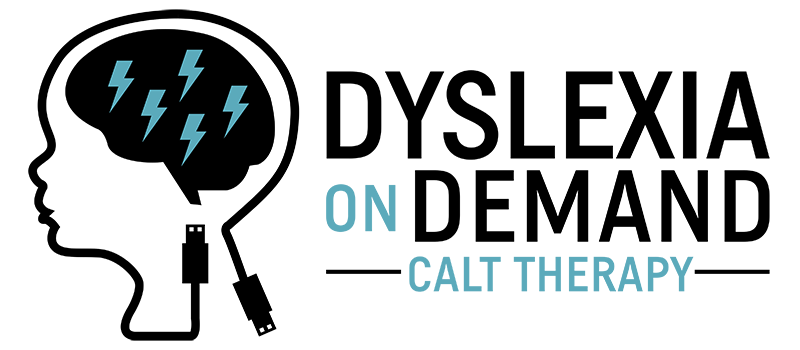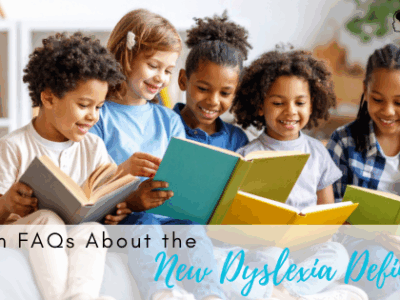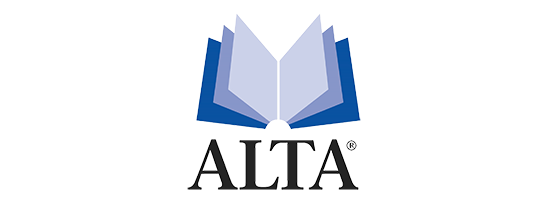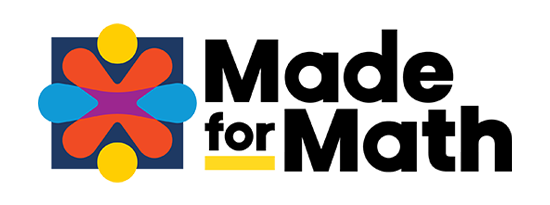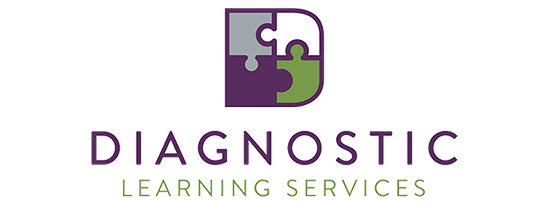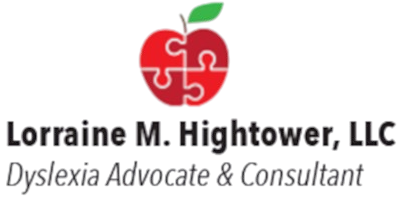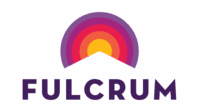11 Dyslexia Treatment Terms You Should Know
As parents and guardians of children with dyslexia begin to contend with the various resources and protections available for their neurodivergent child, what can seem like an entire dictionary of terms and phrases begins to be heard. There are dozens of idioms and expressions in the world of dyslexia and it can take several weeks to comprehend them all. Here are 11 dyslexia treatment terms to get you started.
11 Dyslexia Treatment Terms
Accommodation: This may be one of the most important. Accommodations are used to level the playing field for dyslexic children. Dyslexia accommodations range from simplifying written directions to assistive technology.
Assistive Technology: Speaking of assistive technology, this term covers an array of equipment that can be provided to help children struggling with reading. Typically, assistive technology refers to things like audio books, text to speech computer programs and e-readers.
Child Find: School districts have programs, referred to as Child Find, to identify children in their districts who may need special education.
Free Appropriate Public Education: Also referred to as FAPE, this phrase references the federal law that guarantees all children, no matter what their disability, with an educational experience commensurate with that of their peers.
Fluency: One of the critical factors needed for reading comprehension, fluency is the ability to read with accuracy and speed as well the correct expression.
Intervention: This term refers to an effort to improve progress and performance by changing instruction to address the learning difference.
Language Proficiency: Just like it sounds, this term refers to a student’s skill in a particular language.
Phonics: This is a way of teaching reading by helping children understand the relationship between sounds and symbols. It will also help students understand and identify spelling patterns.
Progress Monitoring: Progress monitoring refers not only the student’s progress in school, but also to evaluate how effective instruction is. It can be utilized for individual students or for the entire class. Typically it is a quick check in that happens frequently so that if there are any adjustments that need to be made they can happen rapidly.
Recommendation for Assessment for Dyslexia: If a teacher or administrator suspects that a child has dyslexia, they can be referred for further testing. School personnel are not the only ones who can ask for a recommendation for assessment for dyslexia, parents and guardians can also request a recommendation. Once the assessment has been completed, the school is required to follow its procedures – as well as any state procedures — for assisting neurodivergent students.
Response to Intervention: Also referred to as RTI, the response to intervention is a graduated way of providing various levels of intervention to struggling readers. Student progress is closely monitored at each tier and the results will help to guide the decision-making process as far as further instruction.
These are just a few of the many phrases and terms that parents of dyslexic children will encounter as they advocate for their child. For more information on effective dyslexia treatment, schedule a consultation with Dyslexia on Demand by clicking here.
